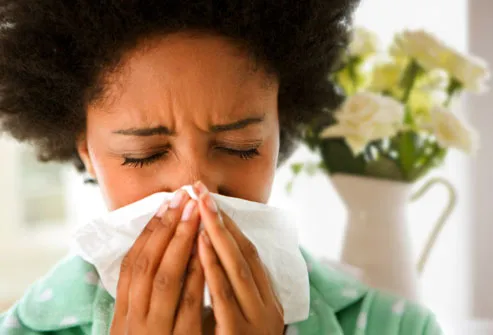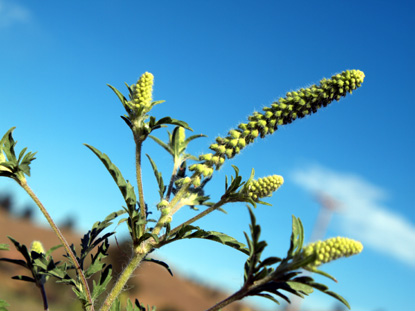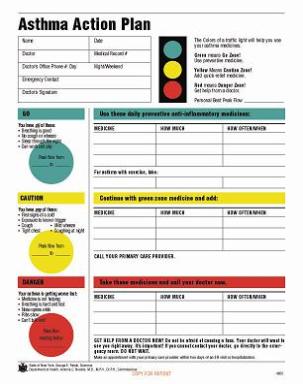 Allergies can affect the eyes, causing red, itchy, burning, and watery eyes and swollen eyelids. Many of the same treatments and self-help strategies that help reduce nasal allergy symptoms work for eye allergies, too.Eye allergies, also called "allergic conjunctivitis", affect one in five Americans. While allergies affecting the eyes usually do not threaten eyesight, they can be very uncomfortable and red, puffy eyes may be unbecoming. But since these symptoms can sometimes be caused also by infections and other conditions that do threaten eyesight, it is a good idea to see your doctor if eye symptoms persist.
Allergies can affect the eyes, causing red, itchy, burning, and watery eyes and swollen eyelids. Many of the same treatments and self-help strategies that help reduce nasal allergy symptoms work for eye allergies, too.Eye allergies, also called "allergic conjunctivitis", affect one in five Americans. While allergies affecting the eyes usually do not threaten eyesight, they can be very uncomfortable and red, puffy eyes may be unbecoming. But since these symptoms can sometimes be caused also by infections and other conditions that do threaten eyesight, it is a good idea to see your doctor if eye symptoms persist.
Triggers of eye allergies can be pollens, cat or dog danders, dust mites, or other airborne allergens. On contact, thousands of cells in the surface of the eyes release histamine that leads to itchiness and other annoying allergy symptoms. Rubbing the eyes makes it worse, while cool compresses and eyedrops that counteract the histamine effect can be very helpful. Finding the cause and avoiding or immunizing against it (as with "allergy shots" or immunotherapy) can give more permanent relief.
For more information, visit our website at www.southbayallergy.com.

















